Israeli forces reportedly conducted an attack on Iranian soil on Friday, according to US officials, marking another exchange in the ongoing conflict between these two long-standing adversaries. This conflict, which had previously been conducted in the shadows, has now erupted into open hostilities, heightening tensions in the region and raising concerns about wider escalation.
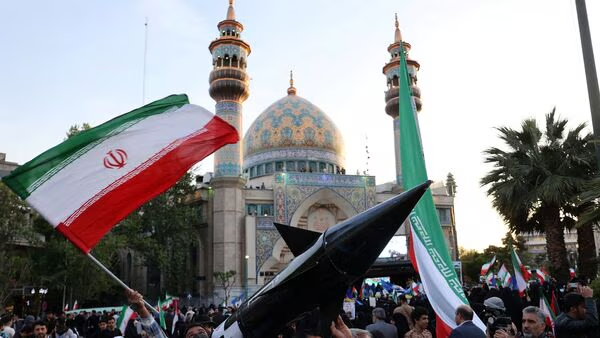
Israeli Prime Minister Benjamin Netanyahu asserted Israel's determination to act independently in response to Iran's recent air attack, despite calls from allies urging restraint. Iran's President Ebrahim Raisi warned of a strong Iranian response to any Israeli aggression.
In a separate incident, Hezbollah claimed responsibility for launching missiles and drones at an Israeli military facility in retaliation for strikes that killed Hezbollah members. The Israeli military confirmed that 14 soldiers were injured.
Amid these developments, Ukraine's Prime Minister questioned why Western armies assisted Israel against Iran's attacks but not in Ukraine.
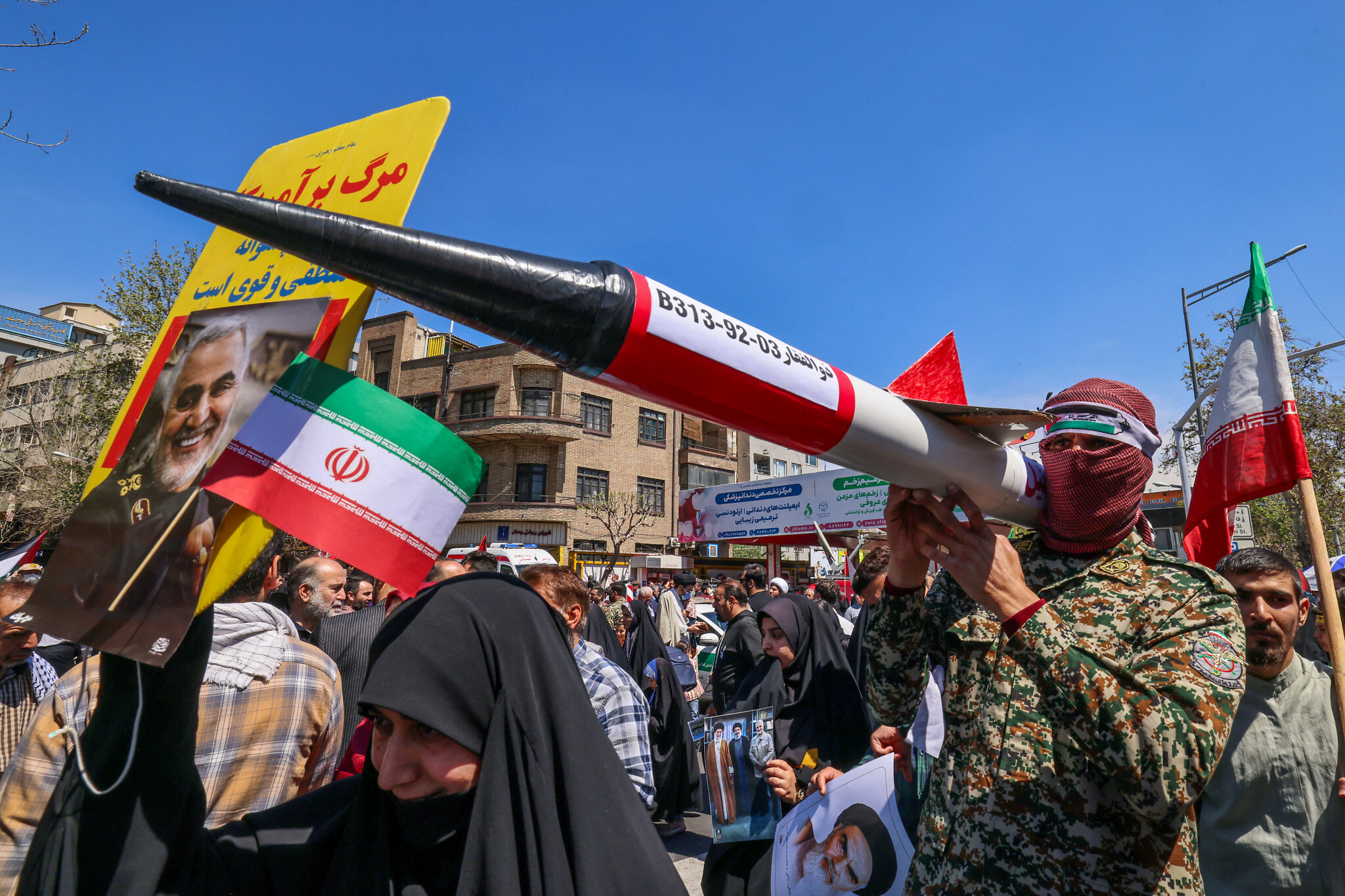
- Israeli Missiles Strike Site in Iran
- Iranian state media reported that air defense batteries intercepted three drones over Isfahan amidst rising regional tensions following Iran's retaliatory strike on Israel, prompted by an attack on Iranian diplomatic premises in Syria.
- ABC News cited a senior US official in reporting that Israel launched a missile attack on a site within Iran. Neither Israel nor Iran immediately confirmed this alleged attack, while flights in several Iranian cities were briefly halted, and there were reports of explosions in Syria and Iraq.
- Tehran airport was closed, and flights were redirected, including those of Emirates and Flydubai. Notices to airmen posted by the US Federal Aviation Administration and tracking data from Flightradar24 indicated sudden deviations in flight paths.
- This escalation follows more than six months of Israel's devastating conflict with Gaza, which has resulted in a significant loss of life and deepened concerns of broader regional instability.
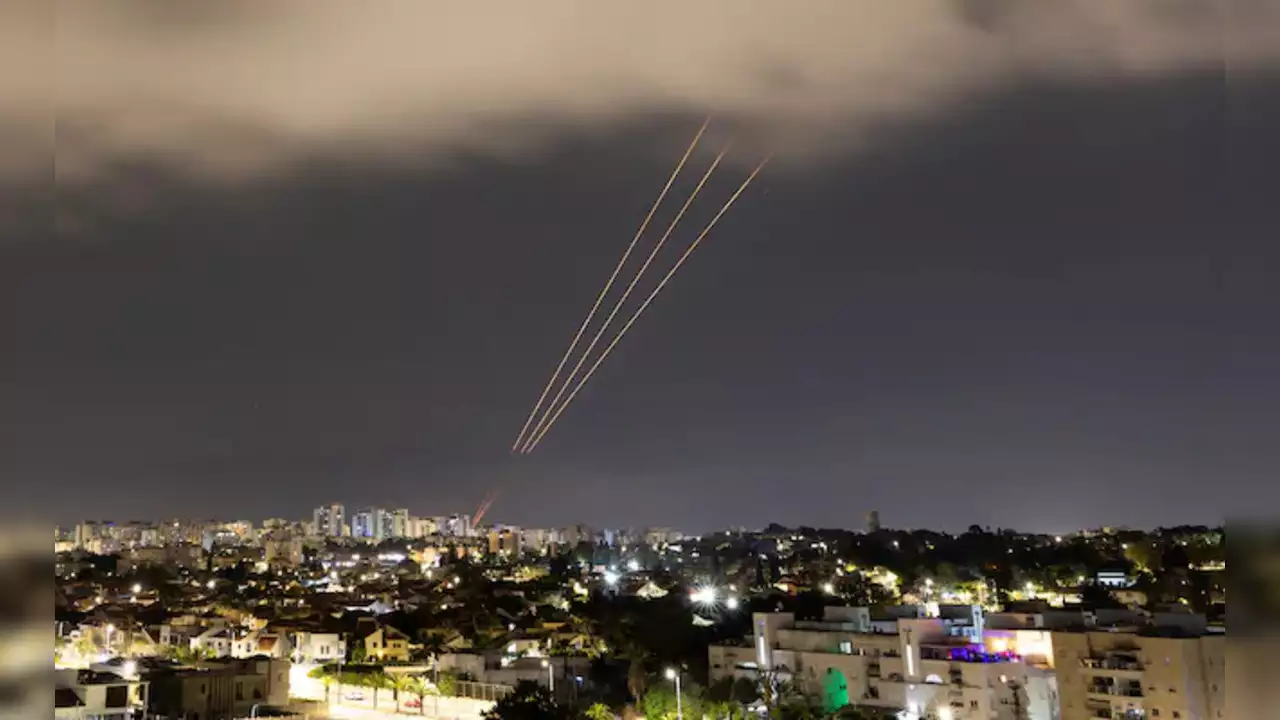
- Tehran Airport Closed; Flight Diversions
A notice from the US Federal Aviation Administration announced the closure of Tehran's Imam Khomeini International Airport until 0700 GMT. Flight tracking data showed deviations in routes of certain airlines during the early hours of Friday.
- Oil Prices Surge Amid Reports of Israeli Strikes
Reports of Israeli missile strikes on Iran caused oil prices to surge by 3% on Friday, with concerns mounting over potential disruptions to oil supply from the Middle East. Brent futures climbed to $89.74 a barrel, reflecting heightened market anxieties.
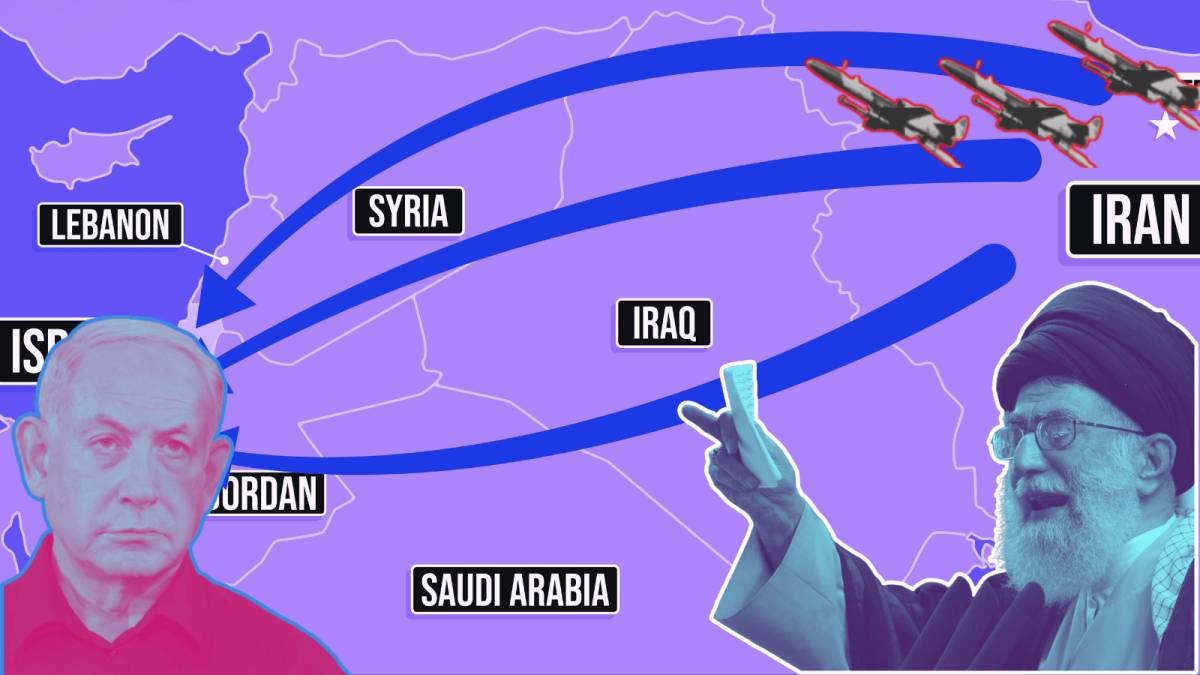
- Bitcoin Slides Below $60,000 on Conflict Fears
Bitcoin and other cryptocurrencies experienced significant declines, with Bitcoin dropping below $60,000 amidst a broader market retreat from riskier assets following news of the Israeli missile strike on Iran.
- Iranian Official Denies Missile Strike; Confirms Drone Interception
An Iranian official denied reports of a missile strike, asserting instead that Iranian air defenses intercepted several drones during the escalation.
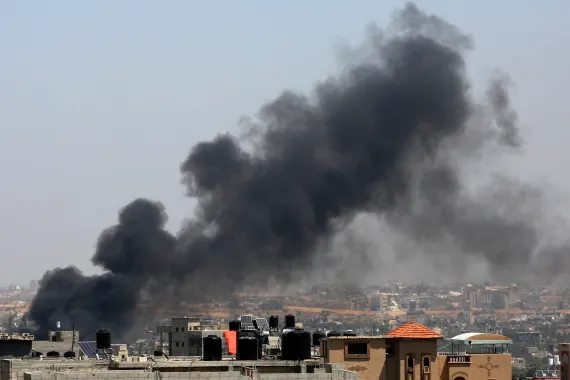
- US Imposes New Curbs on Iran's Access to Technology
In response to Iran's recent actions, including an attack on Israel and support for Russia, the US Department of Commerce announced further restrictions on Iran's access to "low-level technology," expanding the list of items requiring export licenses.
- President Biden Supports Aid Package for Israel and Ukraine
President Biden endorsed a House aid package for Israel and Ukraine, urging swift passage of the bill for immediate signing.
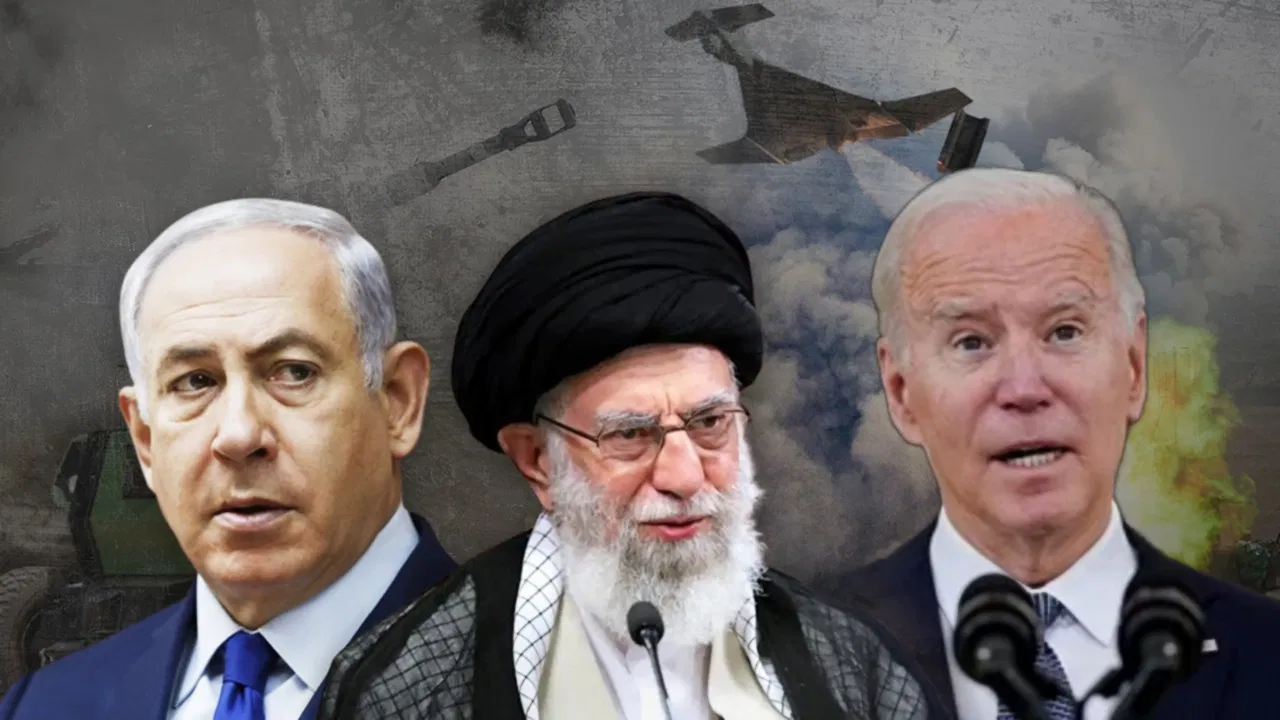
- Middle East Tensions Escalate Amid Israeli Strikes
Hossein Dalirian, a spokesperson for Iran's space agency, dismissed the attack as a failed attempt using quadcopters. Israeli Prime Minister Benjamin Netanyahu emphasized Israel's right to self-defense and hinted at possible retaliatory measures.
- Iran Deploys Air Defense Batteries; Flights Diverted
Iran deployed air defense batteries and diverted flights following reports of explosions near a major airbase and nuclear site, heightening tensions after Iran's missile-and-drone attack on Israel.
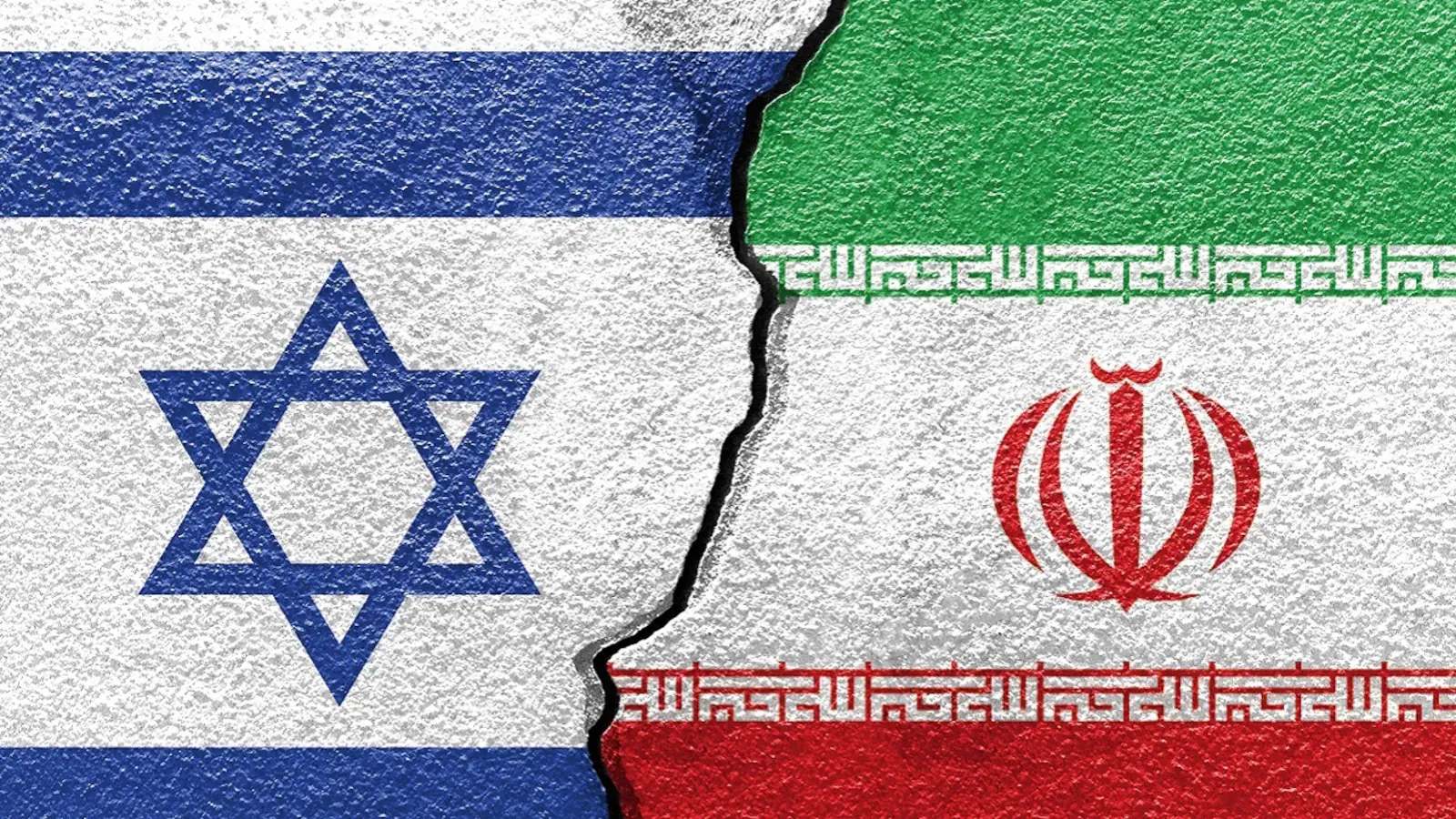
- IAEA Confirms No Damage to Iran's Nuclear Sites
The International Atomic Energy Agency (IAEA) confirmed no damage to Iran's nuclear facilities, emphasizing the need for restraint and reaffirming the principle that nuclear sites should be off-limits in military conflicts.
- Explosions Reported in Syria and Iraq
Explosions were reported at military-linked sites in Syria, including Adra and al-Thala military airport, as well as in Iraq's al-Imam area.
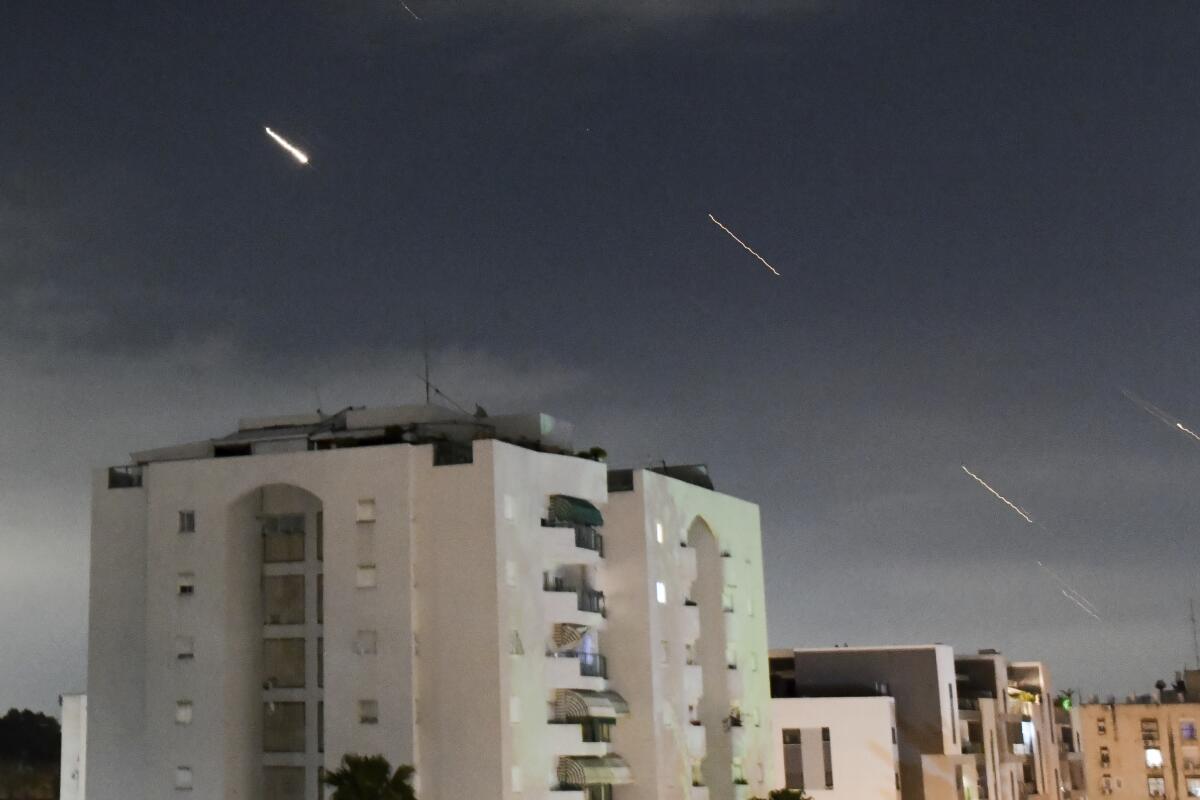
- Iran Lifts Flight Restrictions
Iran resumed regular flights across the country, including at Tehran's main airports, following the lifting of flight restrictions by the civil aviation authority.
- Financial Markets React to Conflict Reports
Following the reports of Israel's strike on Iran, various financial assets and commodities experienced significant reactions, highlighting concerns about a broader conflict in the Middle East. Asian shares and bond yields witnessed a notable decline on Friday, while safe-haven currencies, gold, and crude oil surged in response to news of the attack on Iran.
- Asian Shares: MSCI's broadest index of Asia-Pacific shares plunged by 2%, initially dropping by as much as 2.6%. Meanwhile, U.S. stock futures indicated a 1% decline, retracing part of the initial 1.7% slide.
- Bond Yields: The yield on U.S. treasuries contracted by 14 basis points, according to data from Bloomberg.
- Gold Prices: Gold prices surged beyond $2,400 per ounce in response to the heightened geopolitical tensions.
- Crude Oil: Brent Crude oil prices surged back above $90 a barrel shortly after reports emerged of an explosion in Iran.

- Impact on the Indian Rupee
The Indian rupee experienced a rebound from record lows subsequent to official comments from Iran and intervention by the Reserve Bank of India (RBI).
- Rupee Rebound: After touching a historic low, the Indian rupee rebounded following statements from an Iranian official refuting any missile attack on their country, coupled with likely intervention by the RBI.
- Exchange Rate: At 11:15 a.m. IST, the rupee was at 83.5175 against the U.S. dollar, slightly up from the previous day's rate of 83.5375. The currency had plummeted to 83.5750, its lowest level ever, during early trading.
- RBI Intervention: Traders indicated that the RBI likely intervened in both the onshore over-the-counter market and non-deliverable forwards to stabilize the rupee amidst the heightened market volatility.
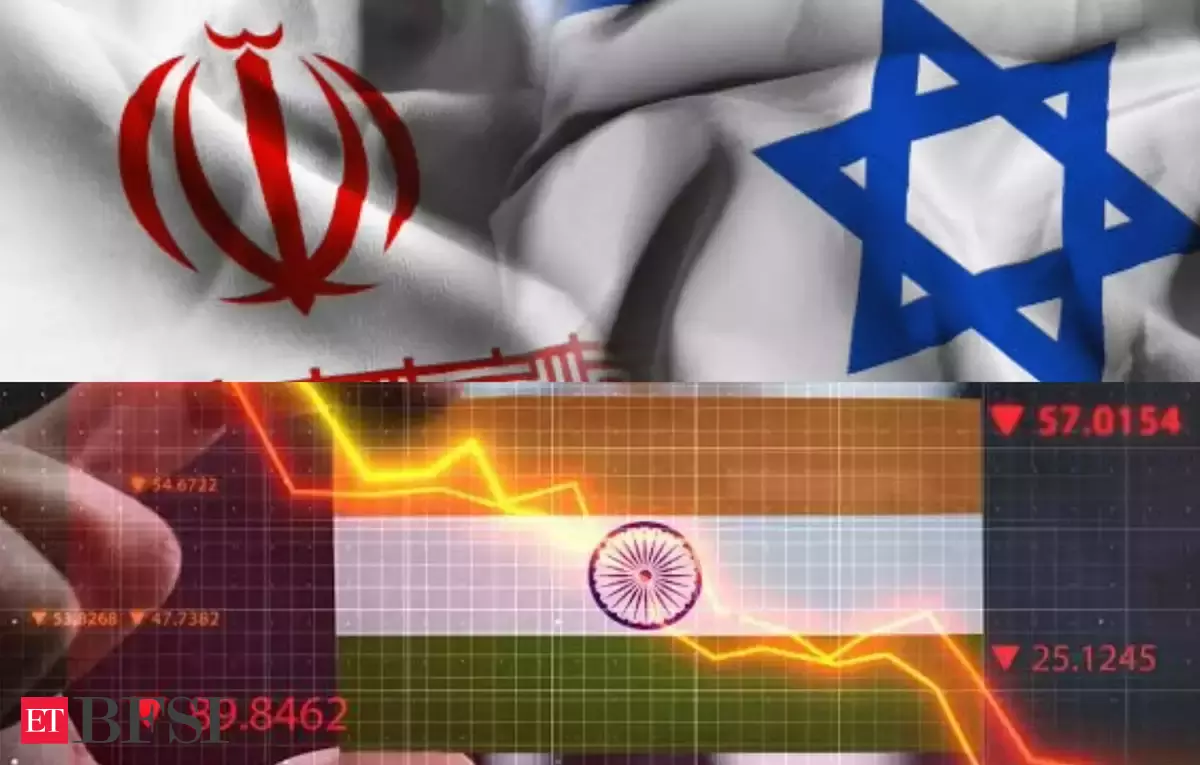
- Security Alert for Gulf the and Indian Ocean
British security firm Ambrey advised merchant vessels transiting the Gulf and Western Indian Ocean to remain vigilant due to increased UAV activity and reports of military strikes in Iran.
- Air India suspends flights to Tel Aviv till April 30
"Air India flights to and from Tel Aviv will remain suspended until 30th April 2024, in view of the emerging situation in the Middle East. We are continuously monitoring the situation," an airline spokesperson said in a statement.
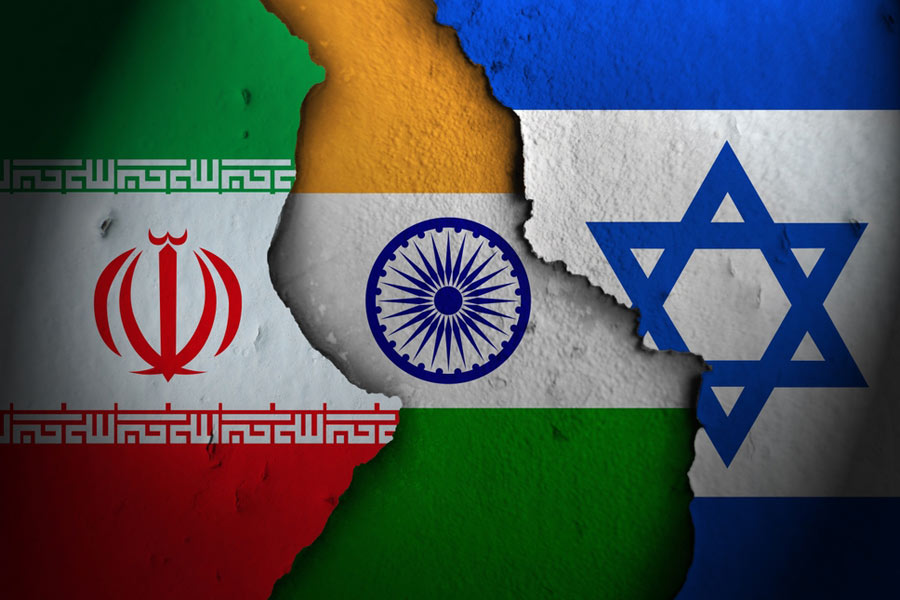
- G7 warns of new sanctions against Iran as world reacts to apparent Israeli drone attack
Seven foreign ministers warn of new sanctions against Iran for drone and missile attack on Israel, urging escalation of conflict and preventing further damage.
On April 13, Iran retaliated against Israel for an alleged strike on its consulate in Syria by launching drones and missiles. The US, UK, Europe, and the United Nations condemned Iran's actions. Turkey, Hamas, and the Taliban supported Iran, while India urged both nations to de-escalate. The US imposed sanctions on Iran, and Israel prepared to retaliate.
Inputs from agencies
Image Source: Multiple Agencies
© Copyright 2024. All Rights Reserved Powered by Vygr Media.
























